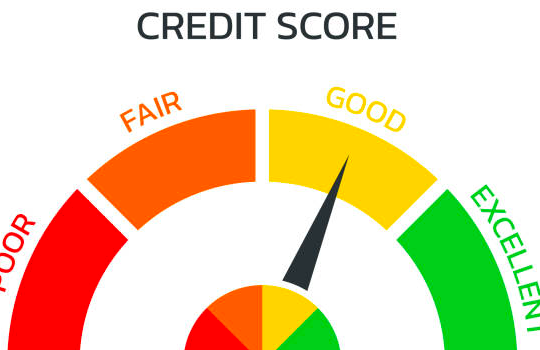If you find yourself in need of emergency funds quickly, there are several options available to consider. One option is to tap into your savings account or any liquid assets you may have. Another option is to explore personal loans from financial institutions, which can provide a quick influx of cash. Additionally, you may consider reaching out to friends or family for a short-term loan. It’s important to carefully evaluate your options, compare interest rates and repayment terms, and ensure that you have a plan in place to repay the funds promptly to avoid further financial strain.
Utilizing Personal Savings and Liquid Assets
One of the first options to consider when in need of emergency funds quickly is to tap into your personal savings and liquid assets. This includes accessing funds from your savings account, money market account, or any other readily available cash reserves. Liquid assets such as stocks, bonds, or other investments that can be easily converted into cash can also provide immediate financial assistance. By utilizing your own resources, you can access the needed funds without incurring any additional debt or interest charges. However, it’s important to carefully assess the impact of withdrawing from your savings or liquidating assets on your overall financial situation and long-term goals.
Considering Personal Loans from Financial Institutions
Another option to obtain emergency funds quickly is to explore personal loans from financial institutions. Many banks, credit unions, and online lenders offer personal loans that can provide a lump sum of cash with a relatively quick application and approval process. Personal loans typically have fixed interest rates and repayment terms, allowing you to borrow a specific amount and repay it over a set period of time. Before applying for a personal loan, it’s important to compare interest rates, fees, and repayment terms from different lenders to ensure you’re getting the best possible deal. It’s also crucial to assess your ability to repay the loan on time to avoid any financial strain or potential credit issues.
Reaching out to Friends and Family for Assistance
When faced with the need for emergency funds, reaching out to friends and family for assistance can be a viable option. Your loved ones may be willing to lend you the money you need, often without charging interest or fees. It’s important to approach this option with transparency and open communication, clearly stating the purpose of the loan and establishing repayment terms. To avoid any strain on your relationships, it’s crucial to honor your commitment and repay the borrowed funds as agreed upon. While this option can provide quick access to funds, it’s essential to handle it responsibly and considerate of the potential impact on your personal relationships.
Exploring Other Sources of Immediate Financial Support
In addition to personal savings, loans, and assistance from friends and family, there are other sources of immediate financial support that can be explored when you need emergency funds quickly. Here are a few options to consider:
1. Credit Cards: If you have a credit card with an available credit limit, it can be used for emergency expenses. However, keep in mind that credit cards often come with high interest rates, so it’s important to have a plan to repay the amount borrowed promptly.
2. Line of Credit: If you have an established line of credit with a financial institution, such as a home equity line of credit (HELOC), you can tap into it for emergency funds. A line of credit allows you to borrow funds up to a predetermined limit and repay them over time with interest.
3. Payday Alternative Loans (PALs): Some credit unions offer short-term loans known as PALs, which are designed to provide small amounts of money quickly. PALs often come with lower interest rates and more favorable terms compared to traditional payday loans.
4. Community Assistance Programs: Depending on your location, there may be community organizations or government programs that provide emergency financial assistance. These programs may offer grants or low-interest loans to individuals or families facing unexpected financial hardships.
5. Retirement Account Loans: If you have a 401(k) or an individual retirement account (IRA), you may be able to borrow funds from it. However, this option should be carefully considered, as it can have potential tax implications and jeopardize your retirement savings.
It’s important to carefully evaluate the terms, interest rates, and repayment requirements of any loan or assistance option you consider. Consider your financial situation, ability to repay, and any associated fees or risks. It’s advisable to seek financial advice or guidance from a professional to explore the best options available based on your specific circumstances.
Remember, emergency funds should ideally be replenished as soon as possible to ensure you have a safety net for future unexpected expenses. Building and maintaining an emergency fund is a proactive step to avoid relying solely on immediate financial support in times of crisis.
Also Read:
- Investment Taxation: Understanding Capital Gains, Dividends, and More
- The Impact Of Inflation On Investments
- What is the safest way to reduce investment risk?
- What are the major four assets of an investor portfolio?




